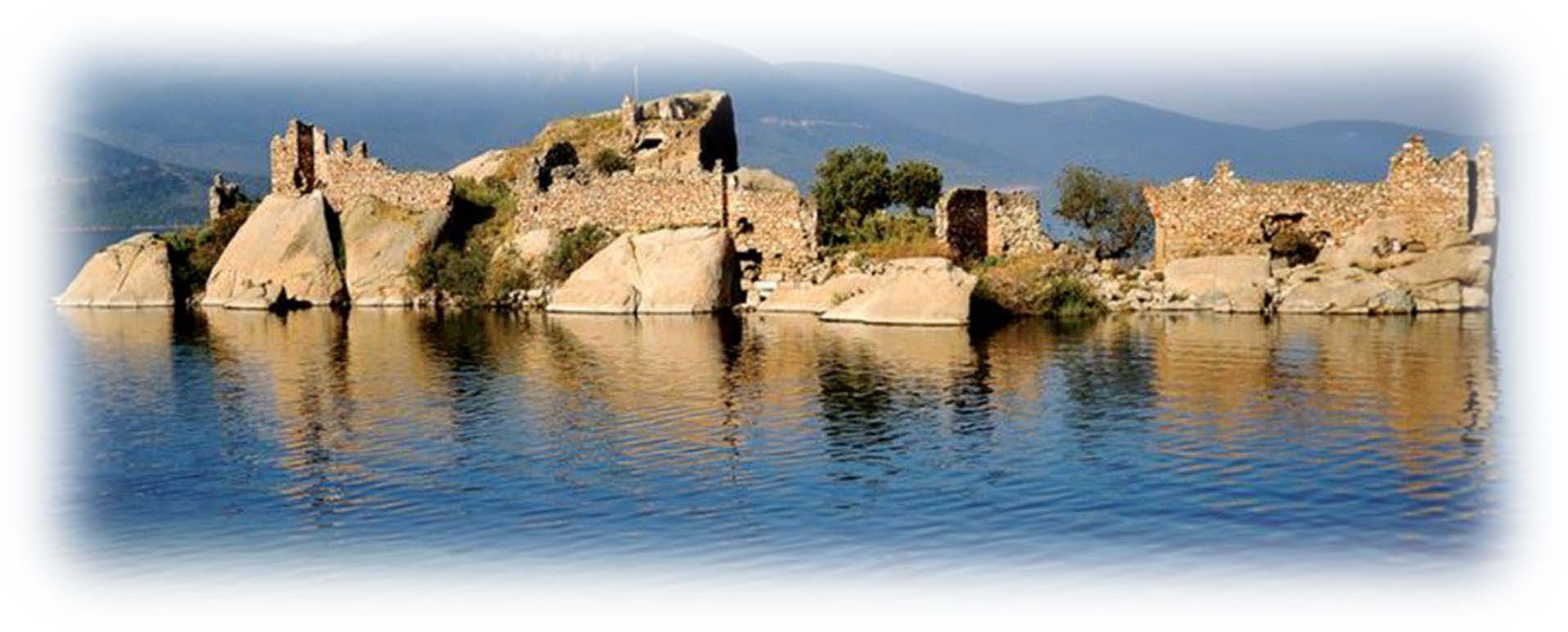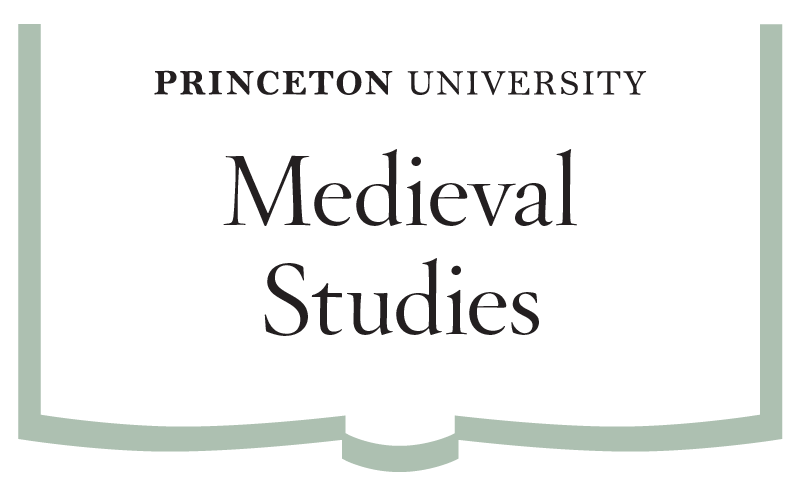
Past Answers to Current Concerns, Seminar 6: General team discussion
November 10, 2020 · 1:30 pm · Zoom
Climate Change and History Research Initiative; Medieval Studies

The Climate Change and History Research Initiative, in partnership with the Environmental History Lab of the Program in Medieval Studies, and with the support of the Humanities Council, launches a new series of six online seminars entitled “Past Answers to Current Concerns: Approaches to Understanding Historical Societal Resilience.”
How did environmental and climatic changes, whether sudden high impact events or more subtle gradual changes, impact human responses in the past? How did societal perceptions of such changes affect behavioral patterns and explanatory rationalities in premodernity? And can a better historical understanding of these relationships inform our response to contemporary problems of similar nature and magnitude, such as adapting to climate change? The Climate Change and History Research Initiative (CCHRI) has been working on this initiative for four years now, and we have made considerable progress in developing strategies to enable palaeoscientists, archaeologists, and historians to talk to one another and resolve issues of scale. One of our main foci has been to think about the ways in which socio-environmental asymmetries with different degrees of socio-political complexity and population density precondition the potentials for inherent resilience under environmental stress. By analyzing historical societies as complex adaptive systems, we also contribute to contemporary thinking about societal-environmental interactions in policy and planning.
To expand our analytical tool-kit we are pursuing the application of Collaborative Conceptual Modeling (CCM) in combination with ‘qualitative scenario storylines’ (QSS), a technique used to translate quantitative modeling into real-world scenarios. We want to apply both these approaches to the adaptation of historical data about past societal responses and resilience to contemporary and future planning, and to achieve this we engage specialists from the fields of history and archaeology, as well as the field of risk assessment and future planning.
The presentations are open to the public. Each set of papers will be followed by a Q & A session of 30 minutes, after which the public section will close and a specialist project team discussion will follow. Registration and Zoom information for Seminar 6 is listed below.
Tuesday November 10th 13:30
Seminar 6
General team discussion focused around key themes (to be agreed and circulated to speakers, chairs etc.) – what have we learned and where do we go from here?
Open to the wider public for audit only












